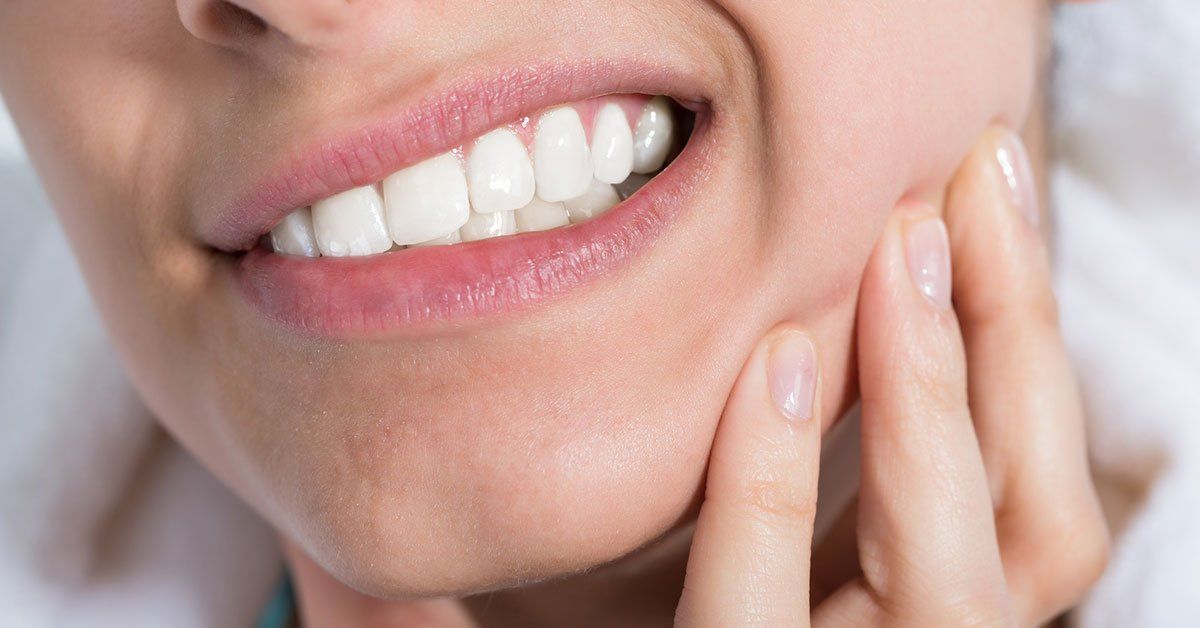Disorders of the Temporomandibular Joint
Inflammation or misalignment of the joint where your jaw hooks into your skull can result in a variety of painful problems. But we can help resolve this problem.
This joint is called the “temporomandibular joint” (TMJ). When the joint becomes diseased, it is referred to as a “temporomandibular disorder” (TMD). This joint can even become arthritic when the problem goes on long enough, so it’s important to seek treatment when you see these signs:
- Jaw pain, ear pain
- Neck or face pain
- Muscle pain
- Headaches
- Clicking or grating when the jaw is moved
- Locking jaw
If you suffer from any of these problems, please talk to us immediately. Allowing these problems to continue can lead to a deterioration or arthritis in the TMJ.
We can help you by diagnosing this problem correctly and recommending a solution. In some cases, providing a patient with an oral device called a “splint,” which adjusts your jaw into a better position, helps. If teeth grinding is involved in causing the problem with the TMJ, the splint will prevent this problem as well.
If you notice any symptoms like the ones above, you can avoid aggravating your symptoms as follows:
- Talk to us if you think you might be grinding your teeth as this can make the problem worse
- Try to notice if you are tensing your face or jaws
- Don’t eat hard-to-chew foods and avoid chewing gum too often
- Don’t sleep on your stomach or sit so you are applying pressure on your chin
We are your TMJ experts and we can help you get on the road to correction of this problem.
Please consult with us or request an appointment by calling
(201) 943-4000
or schedule online with our make an appointment form.


